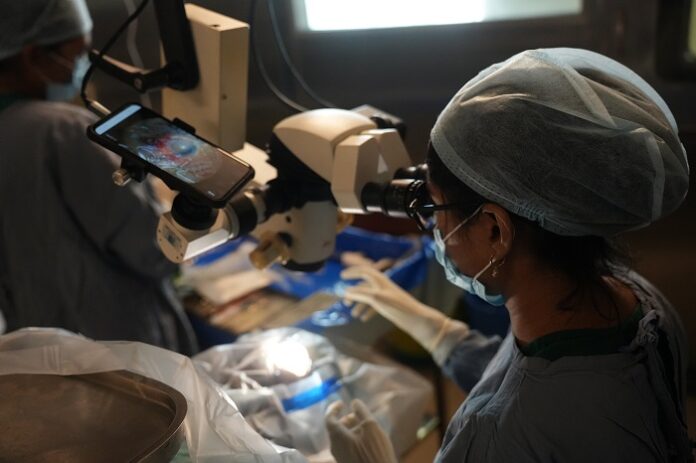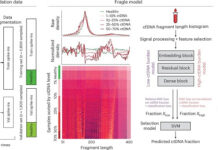

Manual Small Incision Cataract Surgery (SICS) is widely practiced across the Global South, yet until now, no public dataset has existed to support AI-based research in this field. Addressing this critical gap, an international research team led by the University Hospital Bonn (UKB) and the University of Bonn, in collaboration with Sankara Eye Foundation India, has launched the first AI-powered phase detection system for SICS.
First-of-its-Kind Dataset: SICS-105
As reported by medicalxpress, the newly released “SICS-105” dataset comprises surgical videos from 105 cataract operations conducted at Sankara Eye Hospitals in India. It marks the first public release of SICS surgical videos and provides a foundation for automated analysis of surgery phases. Using the MS-TCN++ deep learning model, developed by Prof. Dr. Jürgen Gall’s group at the University of Bonn, researchers achieved over 85% accuracy in detecting distinct phases of the procedure—from initial incision to lens removal.
Cataract Blindness and the Need for SICS Innovation
Cataracts remain the leading cause of blindness globally, especially in low- and middle-income countries. In these regions, Small Incision Cataract Surgery is a preferred method due to its low cost and efficiency. However, limited access to training often affects surgical outcomes. Unlike phacoemulsification—the dominant technique in wealthier nations—SICS has not yet benefited from AI research or video-based learning tools.
Launching the SICS-155 Challenge
To catalyze innovation, the team has launched the SICS-155 Challenge at the upcoming MICCAI 2025 conference in Daejeon, South Korea. This expanded dataset includes 155 annotated surgeries covering 18 surgical phases. Developed with support from Microsoft Research India, the annotation software enabled ophthalmologists from Sankara Eye Foundation to mark each phase with precision.
The challenge invites global AI teams to build algorithms that predict surgical phases from video data. Participants must also submit a short paper describing their approach by the deadline: August 15, 2025. According to Prof. Dr. Thomas Schultz of the University of Bonn, the competition aims to accelerate progress in surgical video analysis and enhance training quality for surgeons in resource-limited settings.
Next Steps in AI-Supported Surgery
Beyond phase detection, researchers at Microsoft Research India and the University of Bonn are now developing algorithms to automatically detect surgical instruments and complications. This effort promises to further elevate surgical safety, standardization, and education—particularly in countries where access to expert mentorship remains scarce.























